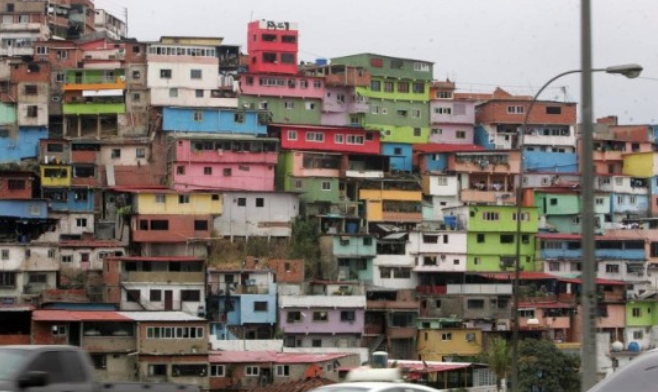On Sunday, Venezuela held legislative elections that were marked by widespread irregularities and were far from free and fair. I was asked to submit my thoughts on the subject to the Inter-American Dialogue’s daily Latin America Advisor. Other contributors to the issue include Senator Marco Rubio, Luis Vicente Leon, Vanessa Neumann, Carlos Vecchio, and Gabriel Hetland. Rather than focus on the specific lack of conditions (see our upcoming event on Friday, December 11 with Observatorio Electoral Venezolano and Asamblea de Educación), I chose to focus on exactly how we got here, and how I hope the next administration will break from the current strategy. Read the others’ responses here.
Q: Venezuela held legislative elections on Dec. 6 in a vote that the opposition has alleged was rigged in favor of President Nicolás Maduro and his allies and in which the Juan Guaidó-led faction of the opposition refused to participate. How will the election affect Maduro’s hold on power and Venezuela’s opposition? Will the international community maintain its support for Guaidó? How divided is the opposition, and what implications does the split have for its efforts to oust Maduro?
A: On December 6, Venezuela held legislative elections amid deep irregularities, in which around 70 percent of voters abstained. We need to be clear: this was not a free and fair vote. But it’s equally as important to understand how we got here, and how the Trump administration’s missteps have once again failed the Venezuelan people.
Rather than just sitting these elections out, a coalition of opposition voices tried to pressure Maduro to hold a clean vote. In September, they succeeded in getting the regime to pardon over 100 dissidents, and to request international observation from the European Union and United Nations. The EU even sent a mission to Caracas to encourage this deal, after first getting support from the European and Latin American members of the International Contact Group on Venezuela.
However, these efforts were undercut by a White House that does not believe in multilateralism. The Trump administration attacked the European diplomats and accused the EU of engaging in “cowboy diplomacy.” With the U.S. actively undermining them, negotiations fell through. This is par for the course for the Trump administration. Last year’s years talks, facilitated by Norway, also collapsed after the White House pulled the rug out from under opposition negotiators.
This is a lesson for the incoming Biden administration, which should be actively working to make one thing clear: the only way out of this crisis is a negotiated solution—and Biden will need to demonstrate that it is in Maduro’s interest to return to the table.




